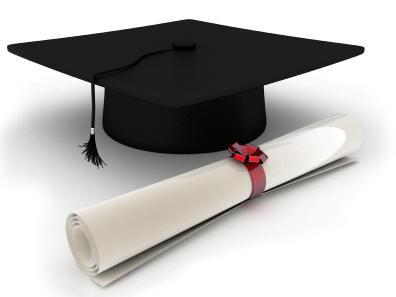 With graduation season upon us, today’s edition of How on Earth is Part 1 of our annual “Graduation Special”. Our guests in the studio today are scientists and engineers who have or will soon receive their Ph.D. from the University of Colorado in a STEM-related field. They talk about their thesis research, their grad school experiences, and what they have planned next.
With graduation season upon us, today’s edition of How on Earth is Part 1 of our annual “Graduation Special”. Our guests in the studio today are scientists and engineers who have or will soon receive their Ph.D. from the University of Colorado in a STEM-related field. They talk about their thesis research, their grad school experiences, and what they have planned next.
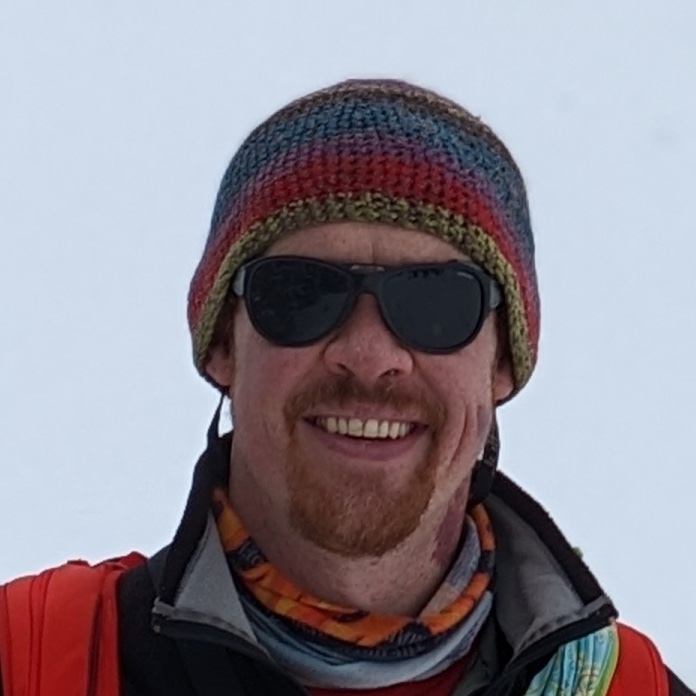 Rob Streeter – Electrical Engineering
Rob Streeter – Electrical Engineering
Topic: High-resolution Deep-tissue Microwave Thermometry
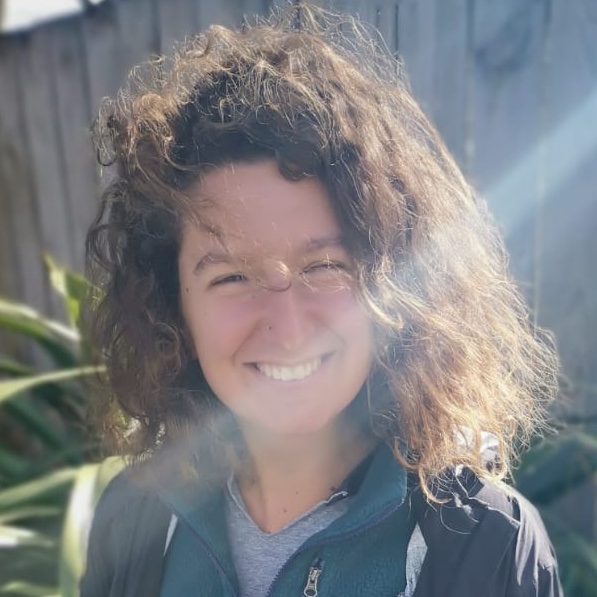 Amanda Hampton – Applied Math
Amanda Hampton – Applied Math
Topic: On the Three-Dimensional, Quadratic Diffeomorphism: Anti-integrability, Attractors, and Chaos
Jacob Kravits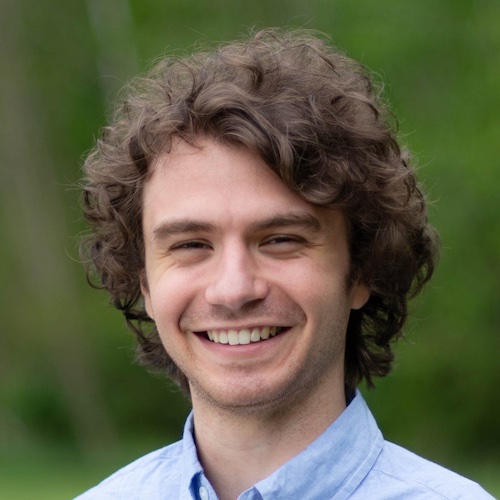 – Civil, Environmental and Architectural Engineering
– Civil, Environmental and Architectural Engineering
Topic: Balancing Cost, Water, Emissions, and Reliability in Power Systems Operations
You can listen to Part 2 of this year’s special or all past year Graduation Special episodes.
Host / Producer : Joel Parker
Executive Producer : Shelley Schlender
Listen to the show:
Podcast: Play in new window | Download (Duration: 27:00 — 37.1MB)
Subscribe:
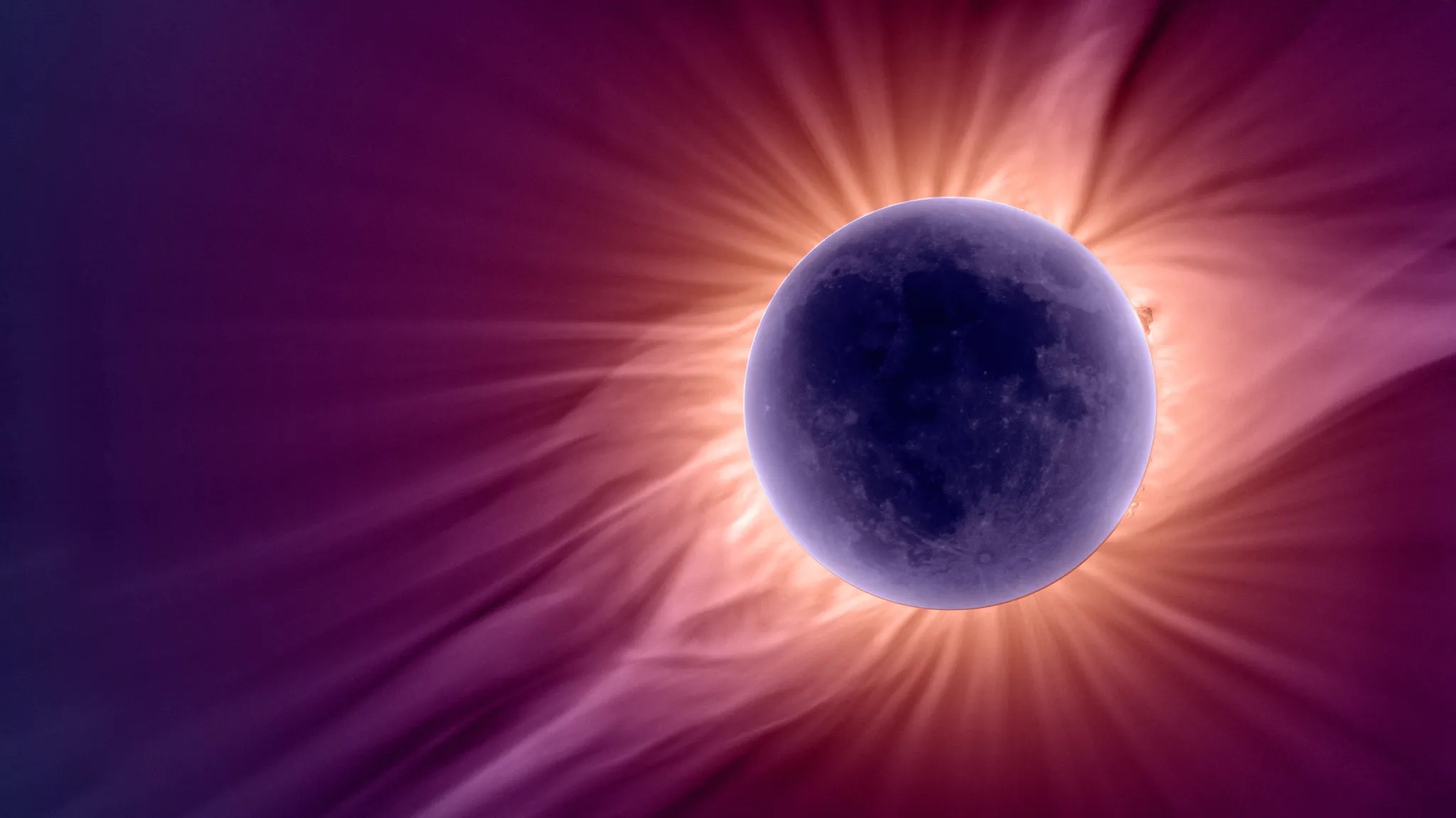 In this episode of How on Earth, we talk about the upcoming 2024 April 8th solar eclipse. Our guests are science writer David Baron, author of American Eclipse, and Dr. Doug Duncan, served as Director of the University of Colorado Boulder’s Fiske Planetarium.
In this episode of How on Earth, we talk about the upcoming 2024 April 8th solar eclipse. Our guests are science writer David Baron, author of American Eclipse, and Dr. Doug Duncan, served as Director of the University of Colorado Boulder’s Fiske Planetarium.

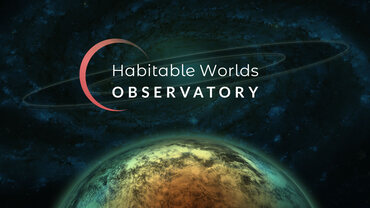 Habitable Worlds Observatory (starts at 5:15)
Habitable Worlds Observatory (starts at 5:15) 
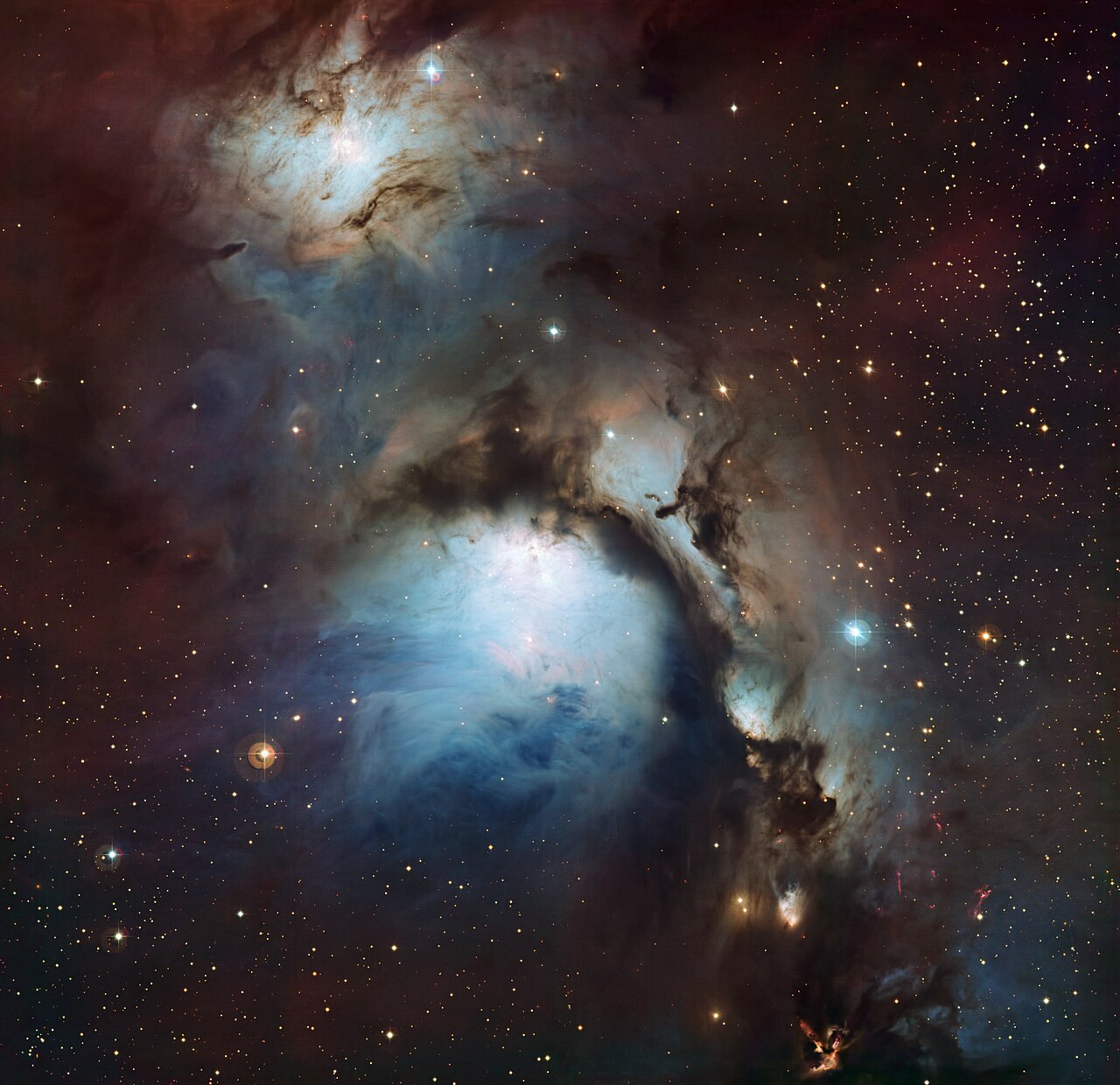
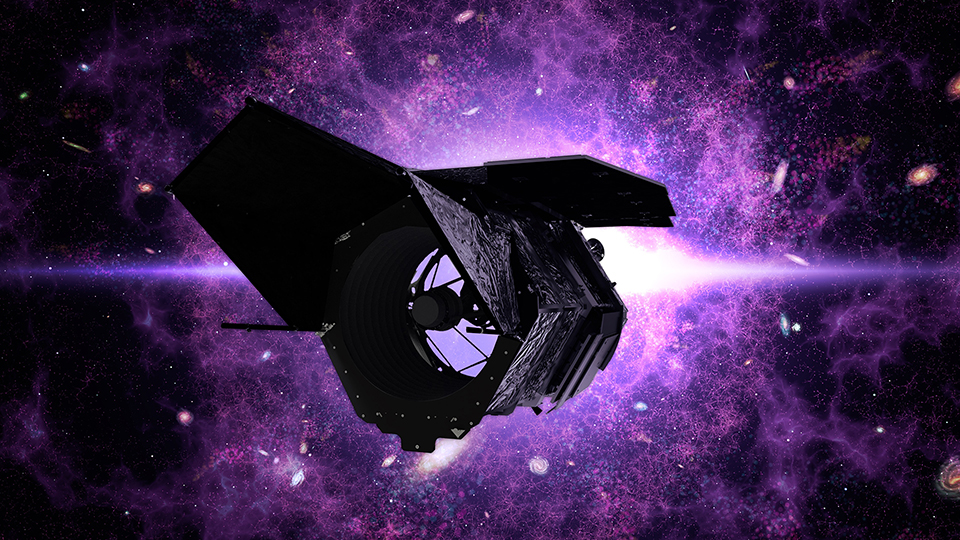 NASA Headquarters in the
NASA Headquarters in the 
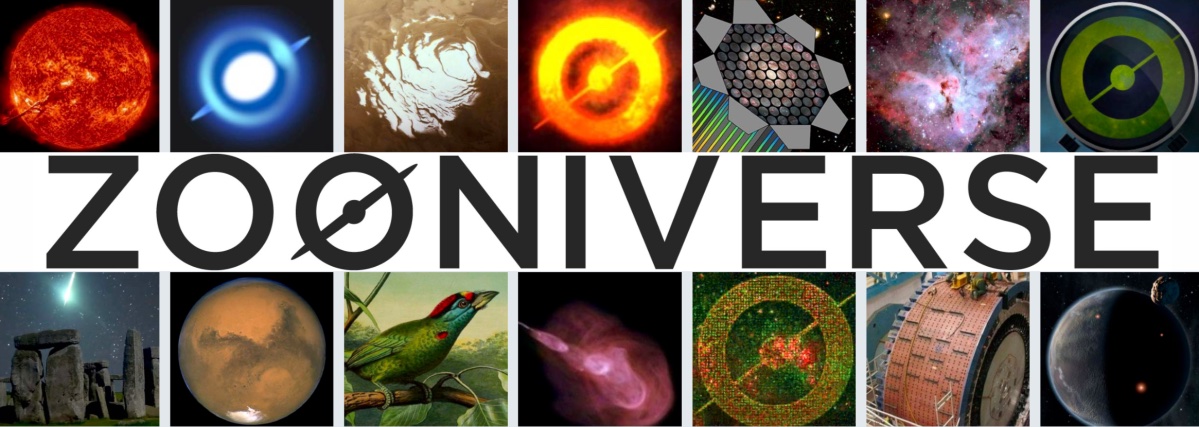 Citizen Science with Zooniverse (starts at 13:21)
Citizen Science with Zooniverse (starts at 13:21) 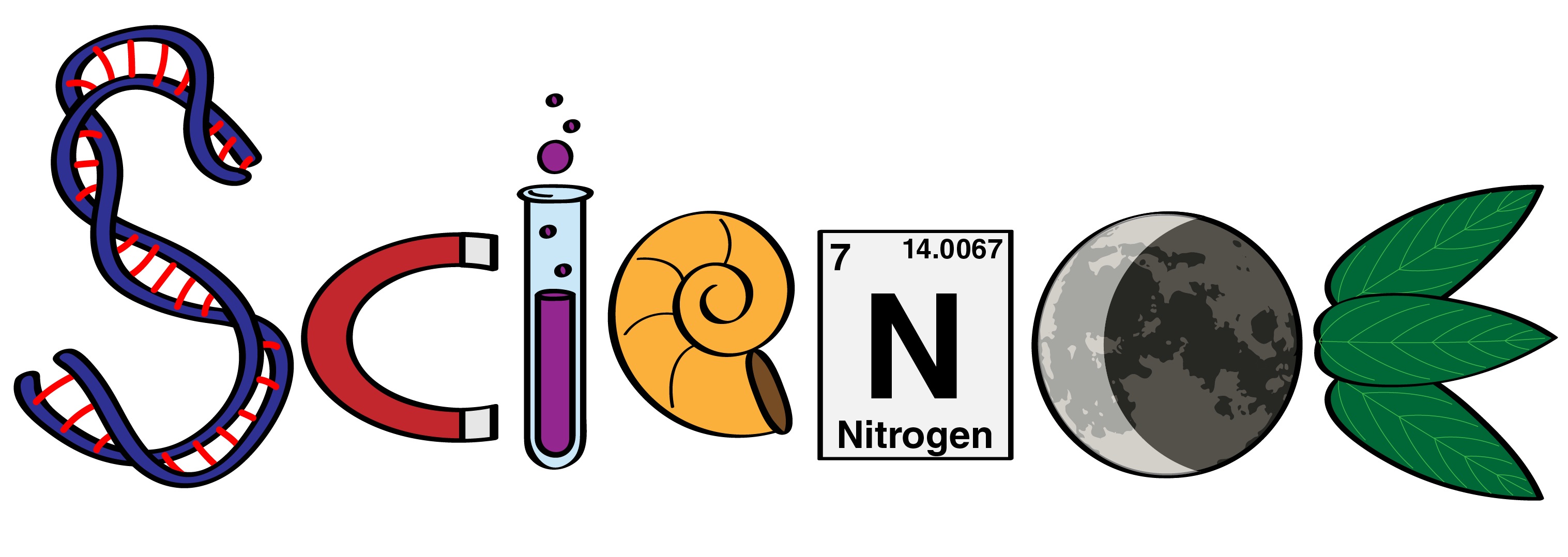
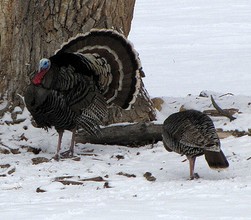
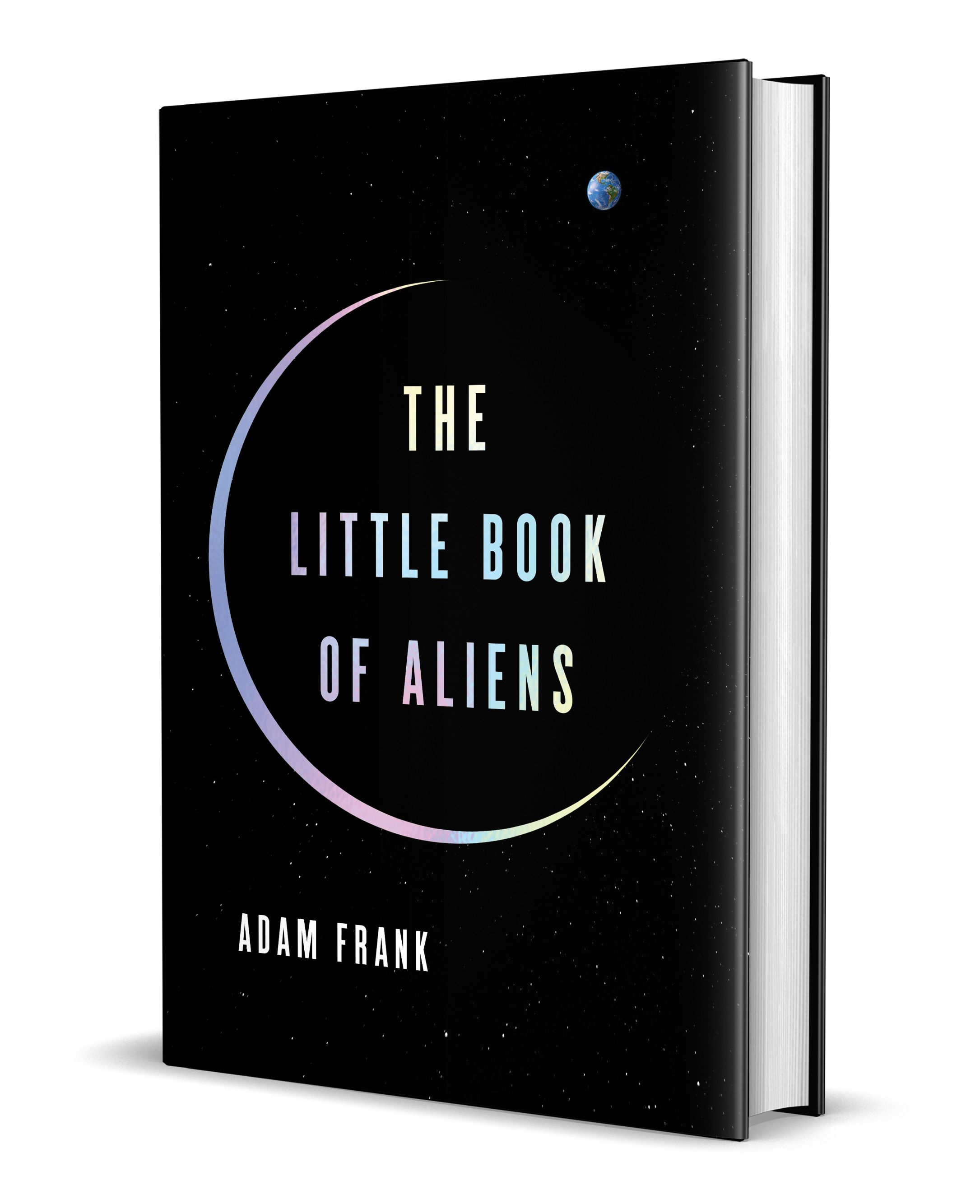 In this Halloween episode, we talk with
In this Halloween episode, we talk with  As part of the KGNU Fund Drive, this episode of How on Earth features excerpts of Beth Bennett’s interview of
As part of the KGNU Fund Drive, this episode of How on Earth features excerpts of Beth Bennett’s interview of  With graduation season upon us, today’s edition of How on Earth is Part 2 of our annual “Graduation Special”. Our guests in the studio today are scientists and engineers who have or will soon receive their Ph.D. from the
With graduation season upon us, today’s edition of How on Earth is Part 2 of our annual “Graduation Special”. Our guests in the studio today are scientists and engineers who have or will soon receive their Ph.D. from the 
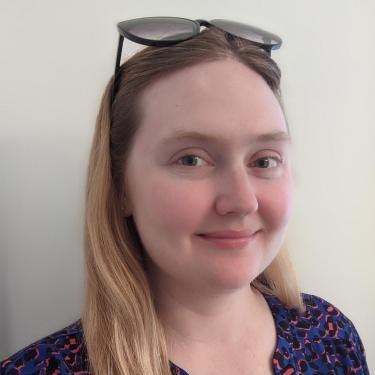 Kathleen McGuire –
Kathleen McGuire – 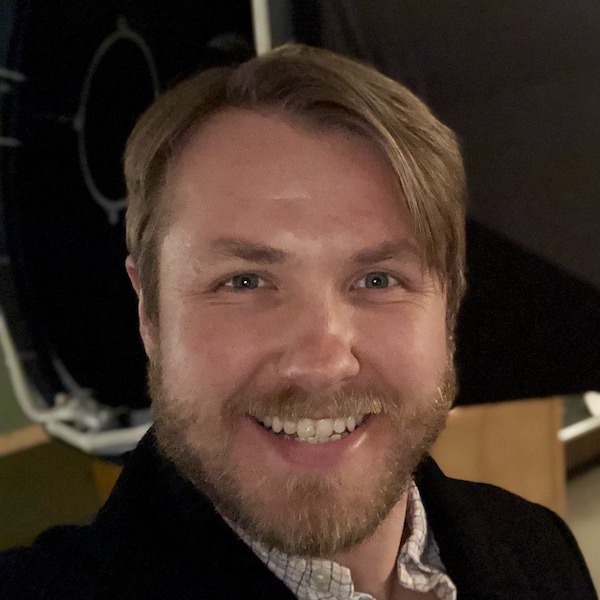

 Amanda Hampton –
Amanda Hampton – 